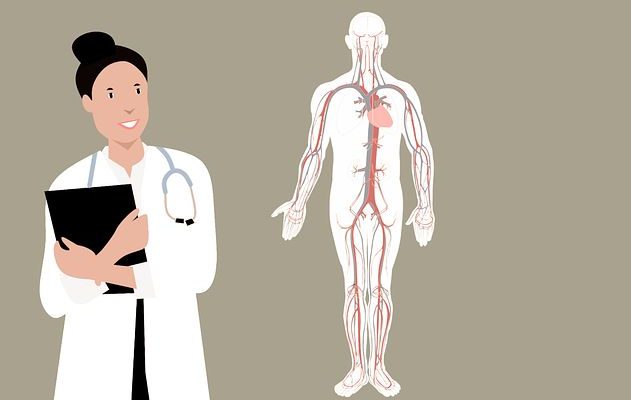What Causes Autism Spectrum Disorder?

There is no one known cause of Autism Spectrum Disorder, but research shows that it is likely due to a combination of genetic and environmental factors. Although there is nothing parents can do to prevent or predict autism in their children, there are a few factors that increase the risk. This article explores the genetic and environmental factors that can increase the possibility of autism, as well as other risk factors.
Genetic factors
Although there is no one known cause of autism, studies show that autism likely runs in families. There are certain genetic changes that may be responsible for autism, and if either parent has these genetic mutations the child is at greater risk of inheriting autism (even if the parents with the gene does not have autism). This is likely because early brain development is affected by these mutations.
There are more than 100 genes across various chromosomes that could be responsible for autism in its many forms. The type of gene that is affected could be responsible for the type and severity of symptoms. Even if this gene change is not present in either parent, the embryo can develop this change on its own. There are many people that have these genetic mutations who do not have autism or any of its symptoms. This genetic mutation alone does not mean it is the cause of autism, it just increases the risk.
Environmental factors
Environmental factors are more likely to cause autism in someone who is already at increased risk or has the gene mutation mentioned above. Environmental factors such as interaction with chemicals and infections may cause autism in someone who is genetically predisposed. This does not mean that someone with a genetic predisposition will definitely have autism as a result of these environmental exposures, it just increases the risk.
Increased risk factors
Advanced age in either parent could possibly lead to an autistic child. The mother’s exposure to certain chemicals and medication during pregnancy can also increase the risk of autism. These drugs and chemicals include alcohol and antiseizure medications. Back to back pregnancies, or pregnancies spaced less than a year apart, increase the chance of autism.
Decreased risk factors
Taking prenatal vitamins with folic acid may help decrease the risk of autism, and are recommended for most pregnancies. Although there is no way to prevent having an autistic child, a healthy lifestyle for the mother during pregnancy (getting regular check-ups, good eating habits, regular exercise, abstaining from drugs and alcohol) can all help decrease the risk and generally help have a healthy baby.
Non-related factors
Although this is a highly debated topic, so far there is no scientific evidence to suggest that vaccination causes autism.
It is important that parents realize that there is no one cause of Autism Spectrum Disorder, and it cannot be predicted or prevented. Although there are a few factors that can increase the chance that a child will have autism, such as a family history of autism and certain chemical exposures, it is never certain that these factors will cause autism.






